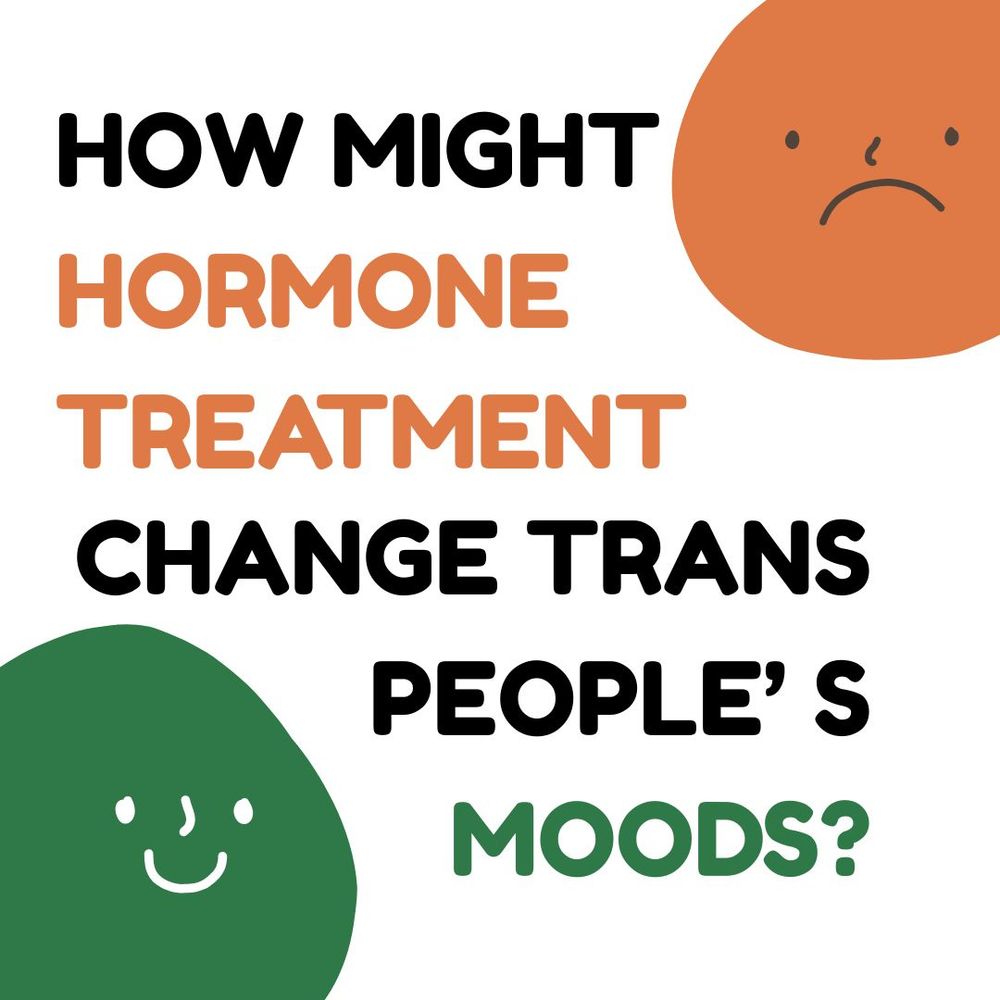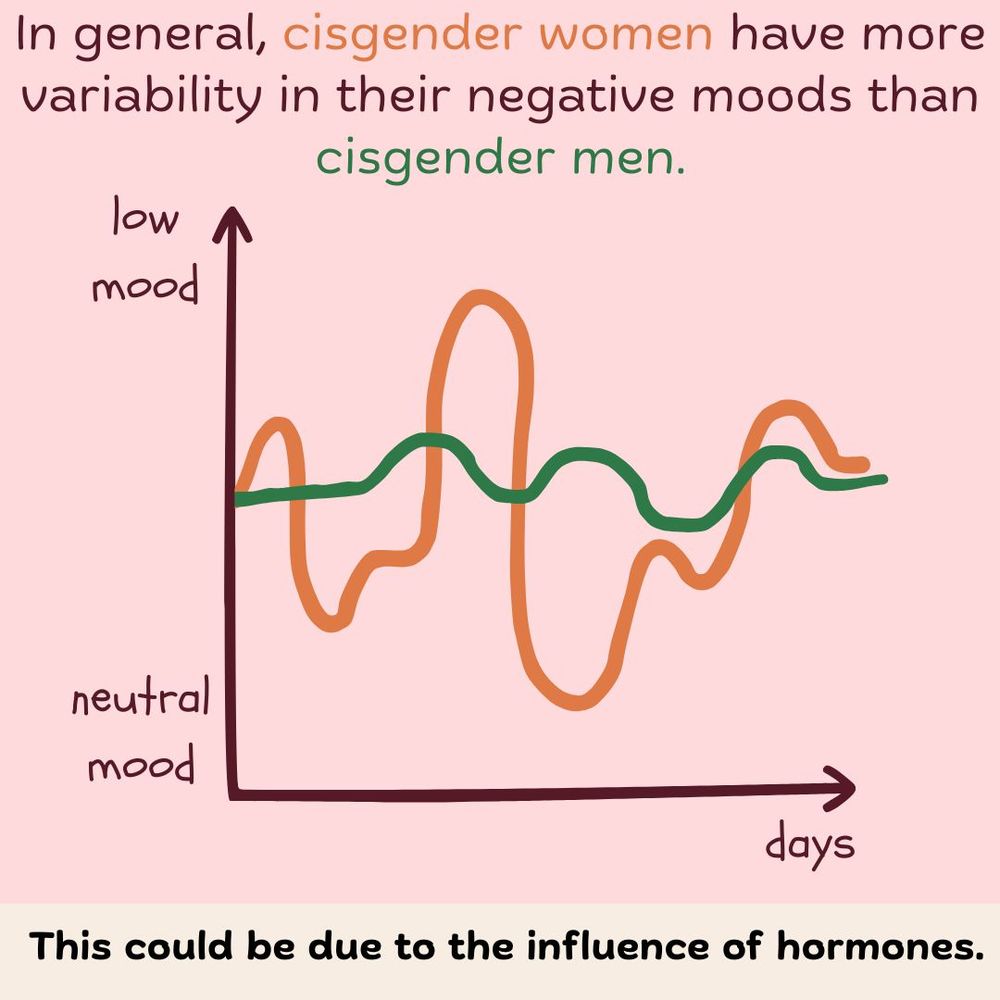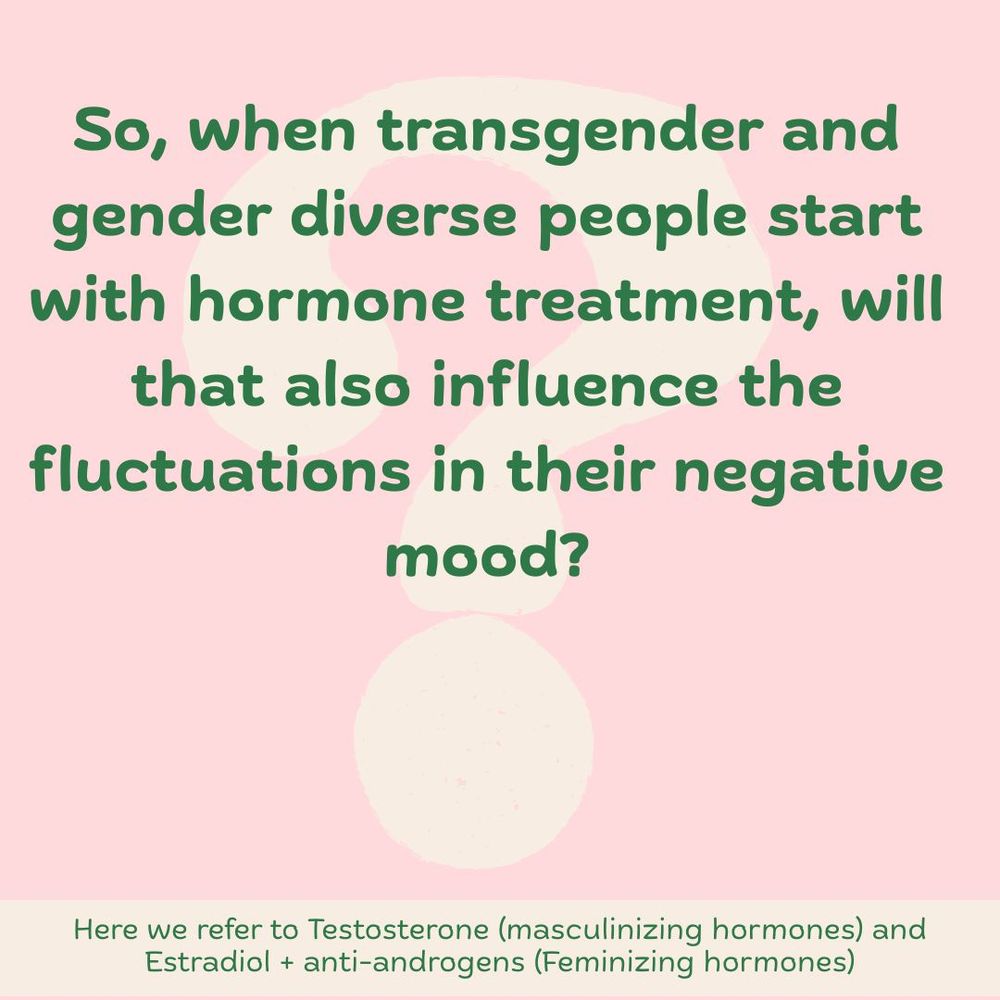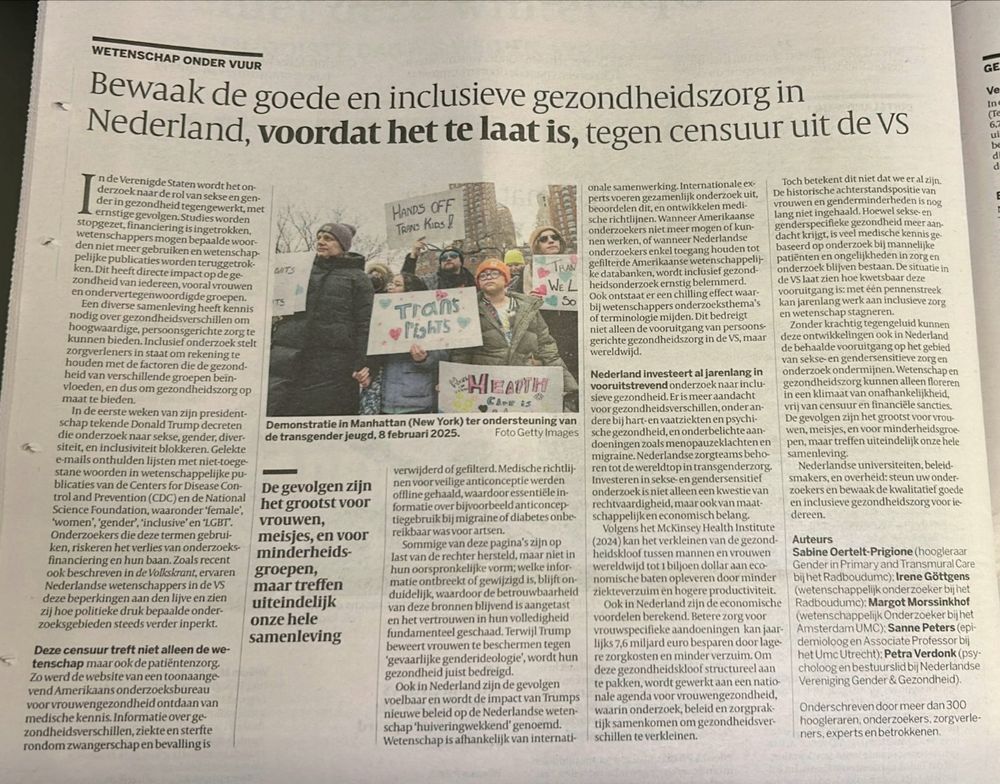Nessa Millet
@nessamillet.bsky.social
220 followers
270 following
24 posts
Postdoc researcher~ Amsterdam UMC 📍
Health inequities| Qualitative methodologies| Participatory Health research| Mixed methods intervention development
Irish with PhD in behavioural science. Seasonal runner and coach
Posts
Media
Videos
Starter Packs
Reposted by Nessa Millet
Nessa Millet
@nessamillet.bsky.social
· Apr 18
Nessa Millet
@nessamillet.bsky.social
· Apr 18
Nessa Millet
@nessamillet.bsky.social
· Apr 18
Nessa Millet
@nessamillet.bsky.social
· Apr 18
Nessa Millet
@nessamillet.bsky.social
· Apr 18
Nessa Millet
@nessamillet.bsky.social
· Apr 18
Nessa Millet
@nessamillet.bsky.social
· Apr 18
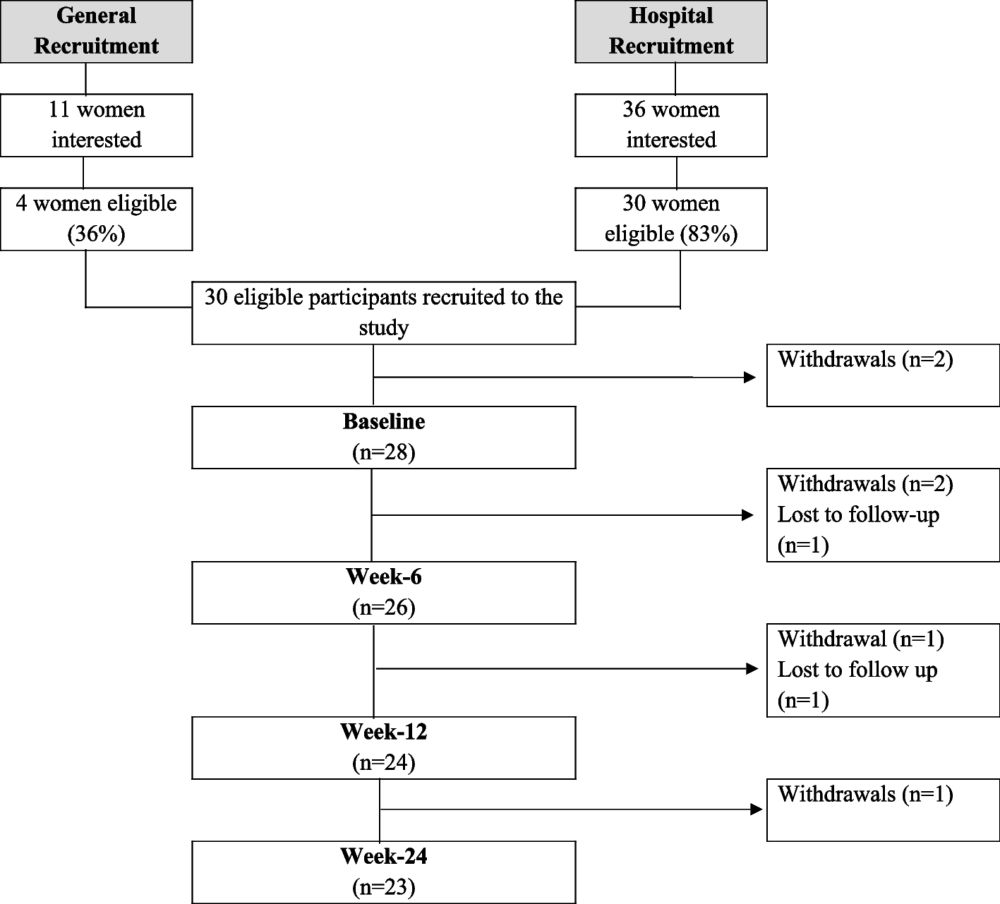
The feasibility and acceptability of delivering and evaluating a physical activity intervention (ACCEPTANCE) for cervical cancer survivors - Pilot and Feasibility Studies
Background Cervical cancer treatment can be associated with long-term physical, psychological and emotional issues leading to compromised quality of life (QOL). Physical activity (PA) may improve QOL ...
link.springer.com
Reposted by Nessa Millet
Reposted by Nessa Millet
Nessa Millet
@nessamillet.bsky.social
· Mar 13
Nessa Millet
@nessamillet.bsky.social
· Mar 13
Nessa Millet
@nessamillet.bsky.social
· Mar 3
Nessa Millet
@nessamillet.bsky.social
· Feb 28
Reposted by Nessa Millet
Reposted by Nessa Millet
Nessa Millet
@nessamillet.bsky.social
· Jan 15
Nessa Millet
@nessamillet.bsky.social
· Jan 15
Nessa Millet
@nessamillet.bsky.social
· Jan 15
Nessa Millet
@nessamillet.bsky.social
· Jan 15
Nessa Millet
@nessamillet.bsky.social
· Jan 13
Nessa Millet
@nessamillet.bsky.social
· Jan 13

